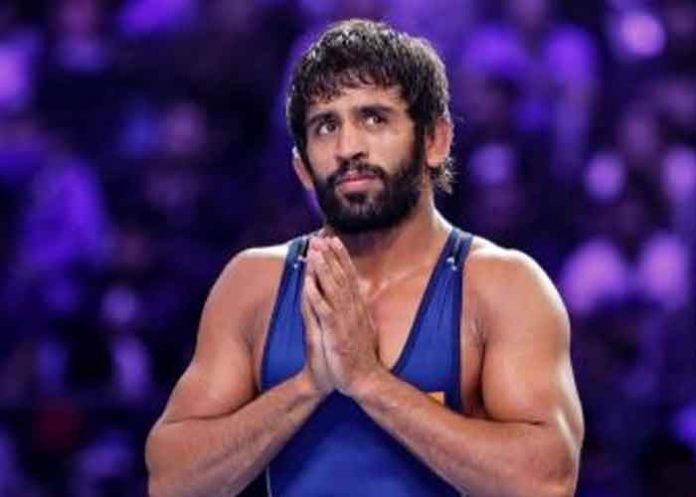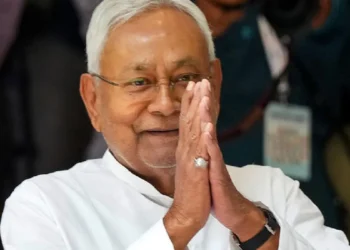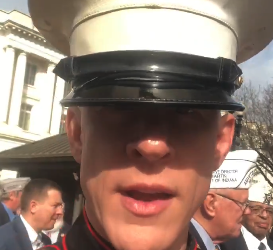Bajrang Punia, suspended for four years by NADA, denies doping violations, claiming mistrust in testing protocols. The suspension, which impacts his competitive and coaching prospects, has sparked debate over fairness in anti-doping measures
By PC Bureau
ChatGPT said:
The National Anti-Doping Agency (NADA) has imposed a four-year suspension on wrestler Bajrang Punia for violating anti-doping regulations. The decision follows his refusal to provide a sample for a dope test on March 10 during selection trials for the national team. Initially, NADA had provisionally suspended the Tokyo Olympics bronze medallist on April 23, prompting the global wrestling body, United World Wrestling (UWW), to take similar action.
Bajrang appealed the provisional suspension, and on May 31, NADA’s Anti-Disciplinary Doping Panel (ADDP) temporarily lifted the suspension, pending a formal notice of charge. On June 23, NADA issued the notice, which Bajrang contested on July 11 through a written submission. Hearings on the matter were held on September 20 and October 4.
In its final order, the ADDP stated: “The Panel holds that the athlete is liable for sanctions under Article 10.3.1 and is ineligible for a period of four years.” The suspension, effective from April 23, 2024, prevents Bajrang from competing in wrestling or pursuing coaching opportunities abroad. The ADDP clarified that the period from May 31 to June 21, 2024—when the provisional suspension was lifted—would not count toward the four-year ban.
Bajrang has consistently claimed that the doping procedures were biased against him due to his participation in protests against former Wrestling Federation of India (WFI) President Brij Bhushan Sharan Singh. He denies refusing to provide a sample, stating that he merely sought clarification from NADA regarding the use of expired kits for sample collection in December 2023, an issue he had raised via email.
NADA defended its actions, asserting that its officials had appropriately notified Bajrang about the requirement to provide a urine sample. In his defense, Bajrang argued that NADA’s prior conduct, including the use of expired kits and a lack of accountability, eroded his trust in the agency. As a senior athlete, he felt compelled to take a principled stand against what he perceived as procedural lapses in doping control.












